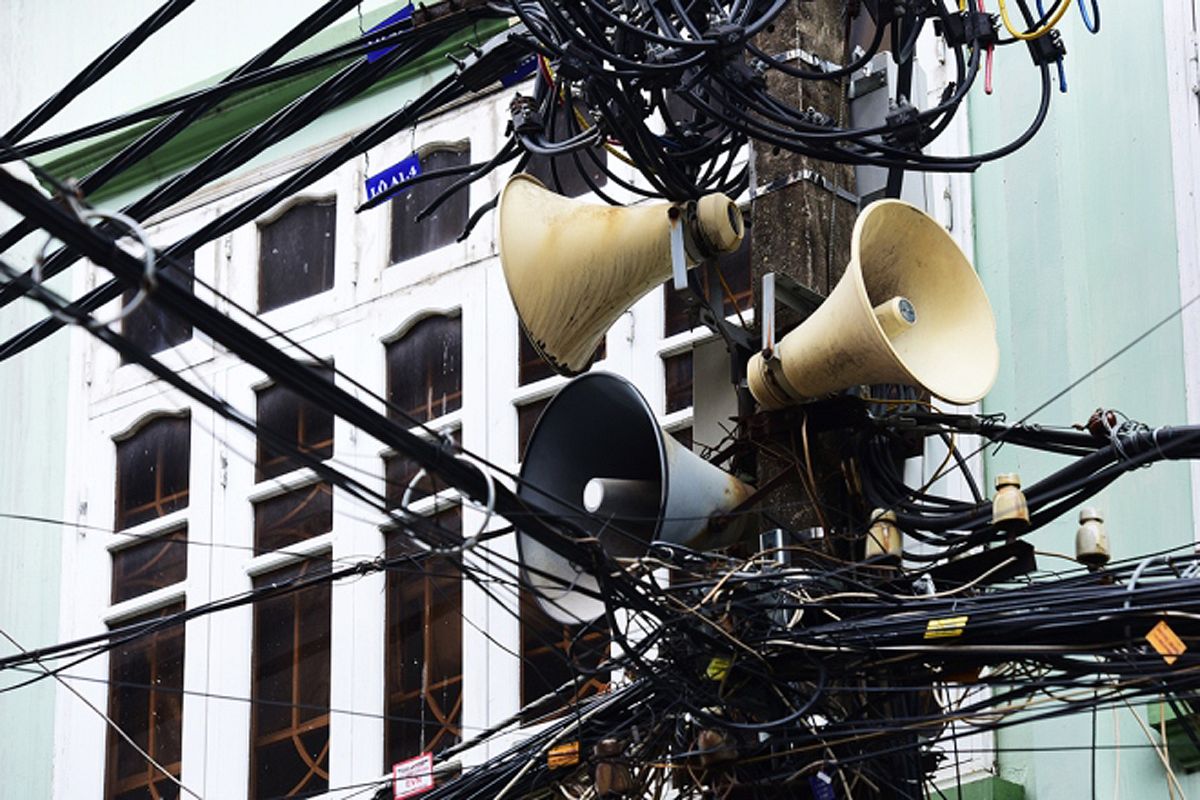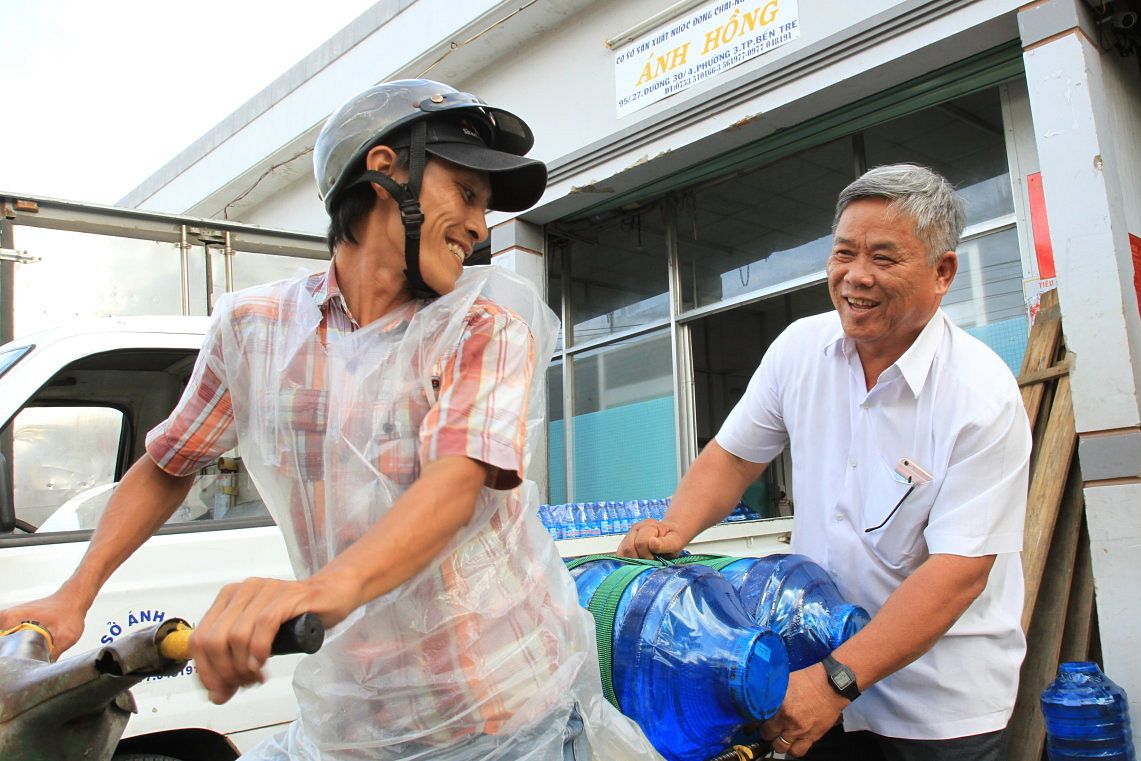Ever since the country opened its doors to foreign investments and free market policies a couple of decades ago, Vietnam has enjoyed an enviable rate of economic growth. However, one of the biggest drawbacks to this growing affluence is the fact that it is not distributed equally: Vietnam’s elderly poor citizens are still struggling to make ends meet.
According to United Nations statistics cited by Channel News Asia, local senior citizens are working well into old age. It’s estimated that 40% of Vietnamese septuagenarians are still working in some capacity, and 10% of those working are employed in the informal sector through jobs such as market vendors, sanitary workers and street vendors.
Young people still dominate Vietnam’s population, as just 10% of locals are aged 60 or older, but the country is aging very fast. Some World Bank reports even conclude that Vietnam could be the world’s most rapidly aging country. By 2030, one in five Vietnamese will be a senior citizen; by 2050, that figure will be 30%, according to Channel News Asia.
"The speed of aging in Vietnam is among the fastest seen globally to date, and is happening at much lower income levels than currently old countries,” the World Bank writes in a 2016 report.
At the moment, as many as 11% of Vietnamese live in poverty. And for most of the country’s elderly poor population, a life with low income and unstable jobs usually means no chance to save up for retirement or medical expenses as they get older.
The central government offers a social pension scheme that provides allowances to those elderly without a contributory pension. But analysts point out it is extremely restrictive, and not many are qualified for financial assistance: only citizens above 80 years old are eligible for a pension. Those who fall short of the age bracket need official confirmation as poor to receive financial help.















